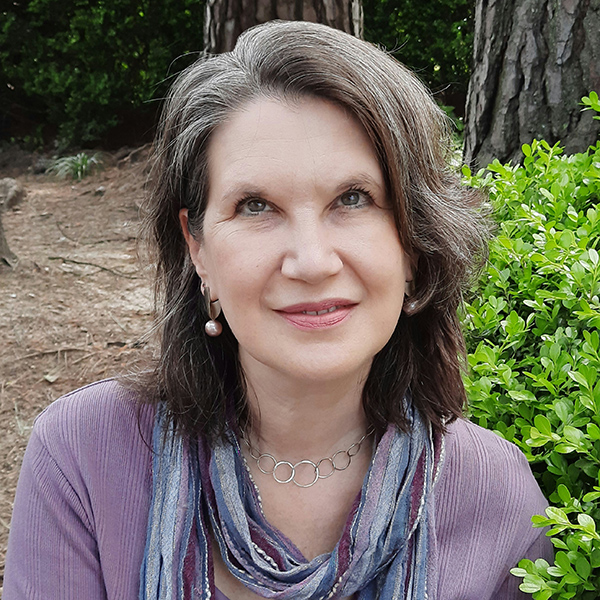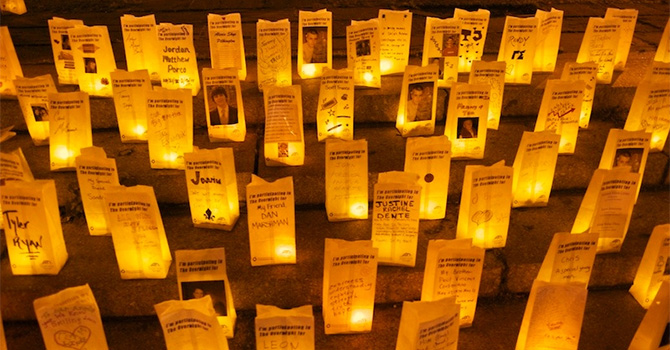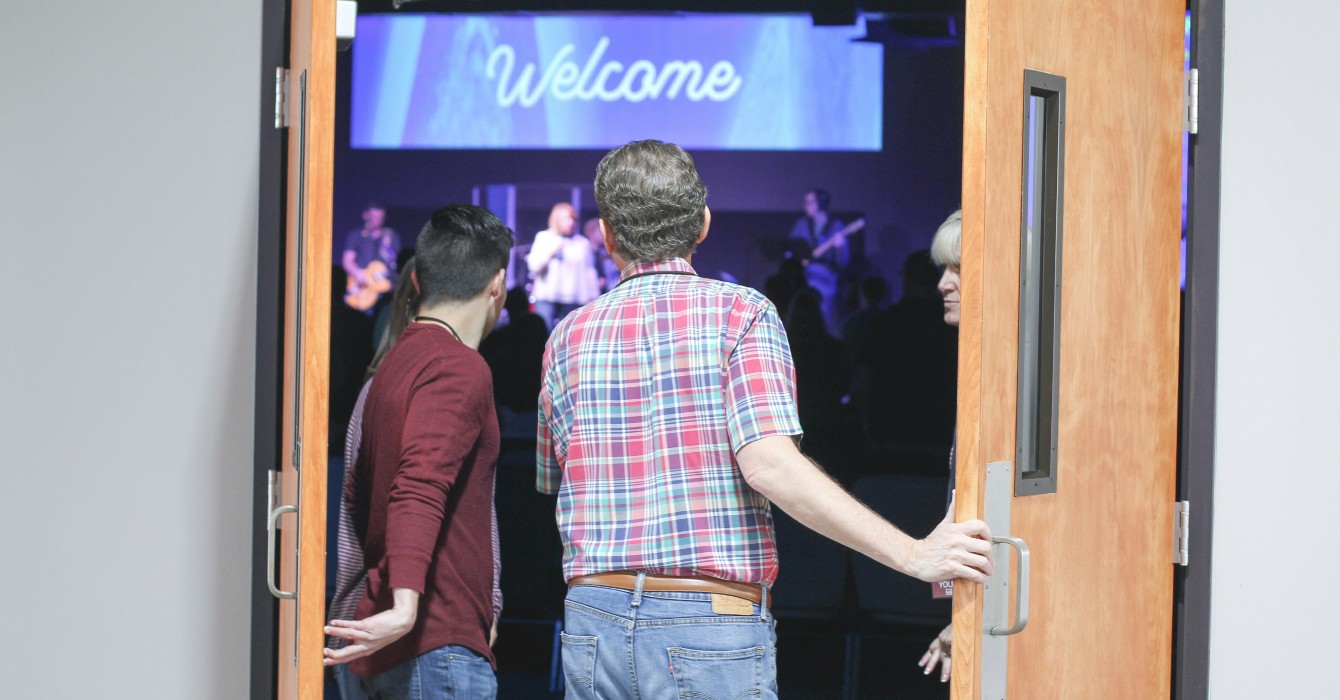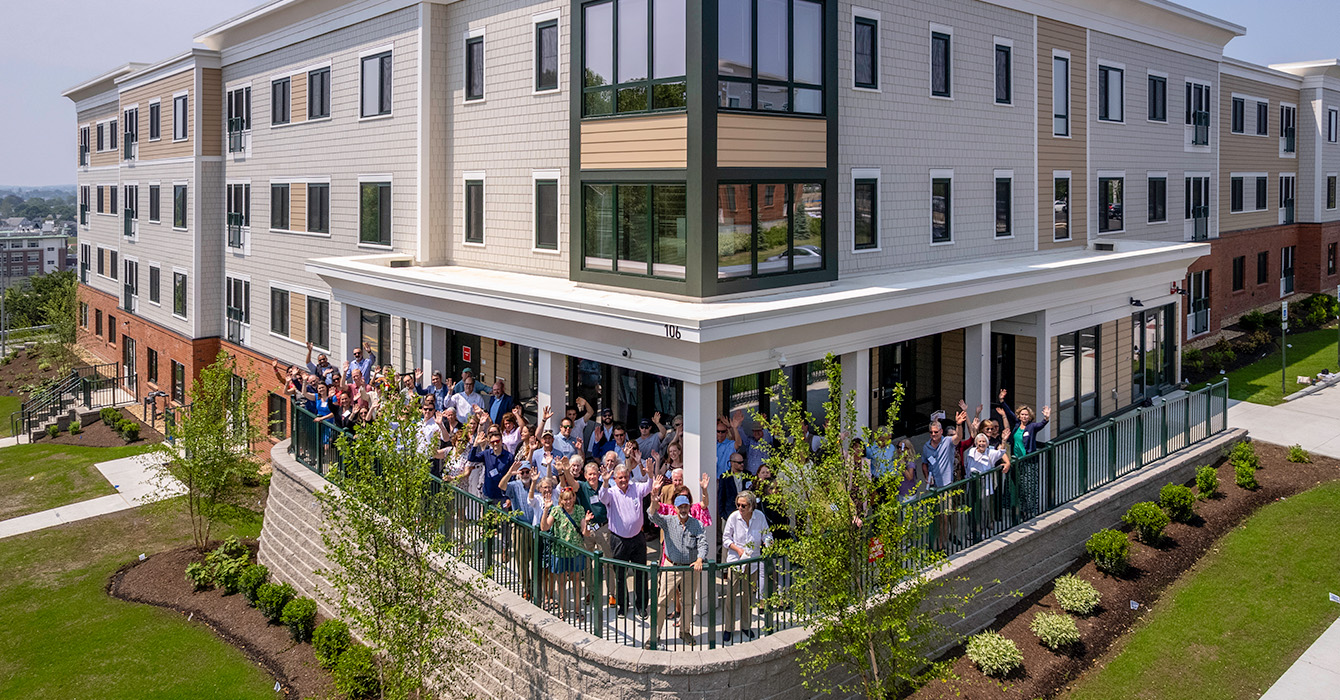Churches are known as places people can turn to for help in hard moments. Every pastor I know has had a hand in distributing a variety of resources: groceries, diapers, gas cards for stranded travelers. Congregants buy Christmas presents to share or collect gift cards so people can shop for their own families.
Churches also pay bills, for water, electricity, rent. If we’re lucky, those bills aren’t yet overdue when we see them. But more often, in my experience, neighbors bring in bills when they finally have no choice but to acknowledge that they’re not going to be able to clear the debt on their own.
They’re facing the threat of a cold, dark home. Or they’re on the brink of eviction, facing a bill that, with compounded interest and late fees, has ballooned far beyond its original amount. They’re feeling desperate.
Churches try to ease that desperation by dipping into what are often called benevolence funds. In the Episcopal Church, they’re known as clergy discretionary funds, to be used — as the name implies — as clergy see fit, but only for what our canon law calls “pious and charitable purposes.”
In the parish I most recently served, St. Luke’s Episcopal Church in Durham, North Carolina, I was fortunate to have a sizable discretionary fund. Parishioners’ generosity ensured that funds in the low five figures flowed through it annually. I was also fortunate to have a lay partner in distributing those funds.
When I arrived at St. Luke’s in early 2022, Jan Sweet Freeman, a retired clinical psychologist, had already served a couple of years as the parish almoner — an ancient term for one who distributes assistance on behalf of a Christian community.
Jan and I quickly developed an excellent working relationship, and we realized we shared some of the same frustrations in assisting our neighbors. Some of our frustrations were practical. We devoted hundreds of dollars to bills that had often started out below $100. We knew that rising rents and other costs combined with too-low wages make it impossible for many working people ever to get ahead of their bills.
Today, workers in Durham County must earn $31.37 per hour, 40 hours a week, to rent a typical two-bedroom apartment without devoting more than 30% of their income to housing. This means that someone earning the minimum wage of $7.25 per hour would have to work more than four full-time jobs to reach this standard — a physical impossibility.
Our frustrations were also spiritual. People needing assistance believed they needed to show Jan and me deference in order to receive the assistance we could unilaterally bestow or withhold. Unfortunately, they had learned this from experience. We knew such an inequitable balance of power did not match God’s vision for these relationships, and we knew it could corrode our souls by giving us a false and dangerous sense of our own benevolence or superiority.
So we looked for a new way to manage my discretionary fund that would, in Jan’s words, “respect everyone’s dignity and give our neighbors more agency.” We were intrigued by programs in which governments offered a guaranteed minimum income — like Durham’s Excel pilot program and the program in Stockton, California, on which it was based, as well as Canada’s Emergency Response Benefit of 2020.
Our situation was obviously different, as a church rather than a government. But we realized we had the means to offer a “guaranteed gift” of $500 per month for a year to two neighbor-partners (the term we landed on for recipients) in a new venture we called “Breathing Space.” The name came from our desire to take a little economic pressure off these neighbor-partners, to give them room to breathe.
We launched Breathing Space knowing we already had enough money in the clergy discretionary fund to cover one year. That reserve was vital; we had to be able to keep our word. We offered Breathing Space to neighbor-partners we already knew who believed $500 a month would make a tangible difference in their quality of life. One was a man, one a woman. Both were employed single parents whose wages and public benefits didn’t cover their household needs, no matter how carefully they budgeted and scrimped.
Jan and I committed to giving them the promised amount, with no strings attached and no questions asked, to use as they wished. One neighbor-partner elected to receive the gift in a lump sum, to spend on a more reliable car, while the other took the monthly payment. Before payments could start, we had to manage a logistical hurdle: the fact that neither neighbor-partner had a bank account, a not-uncommon reality among people with low incomes. We settled on giving monthly gifts through a cash gift card or through direct payments to the neighbor-partner’s landlord (at the neighbor-partner’s request).
Jan and I knew Breathing Space could not succeed without the parish’s support. So before launching the initiative, we shared our vision with the congregation in a series of steps.
First, we spoke to the vestry (lay board) and received their full support.
Then I called the discretionary fund’s donors to fill them in. The response was universally positive. Most saw Breathing Space as a logical extension of why they gave to the fund: an opportunity to assist local neighbors directly.
One member shared the story of having been homeless as a child; memories of receiving assistance from strangers made that donor love Breathing Space. Another compared Breathing Space to a small inheritance she had received, noting, “I never accounted to anyone for how I spent that; I trust our neighbors to do what’s best for them.”
Some wondered: could a church member be a Breathing Space neighbor-partner? Absolutely, I answered. That wasn’t the case this time, but it certainly could be in future.
Finally, Jan and I held open meetings for church members. The most frequently asked question was about what we would tell people who requested occasional help, since Breathing Space would consume the bulk of the discretionary fund. We addressed this concern in a few ways. First, parishioners continued to donate to our small food pantry, which was open to anyone who called for assistance.
Second, Jan called the people we had regularly helped to let them know our system was changing. Fortunately, we had the funds to give these neighbors some assistance, like money for school supplies, before starting Breathing Space. And as things turned out, we did sometimes have more in the discretionary fund than we needed to cover Breathing Space. We then distributed that surplus.
St. Luke’s worked with one of our original Breathing Space neighbor-partners for one year and with the other for a second year. The latter is on somewhat firmer footing today and affirms, “You really did give me breathing space.”
For the other, Breathing Space seems to have made little appreciable difference in overcoming financial challenges. Like millions across the country, both neighbor-partners still cope daily with the reality that working-class wages are not keeping pace with the cost of living.
I no longer serve that parish, and I understand that this experiment has come to an end. Still, the pilot project was one I would gladly reproduce. Perhaps your congregation — alone or in partnership with others — would like to try it too.






















